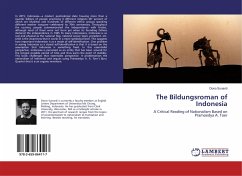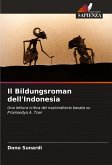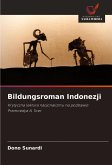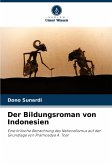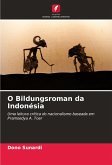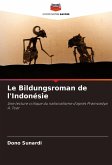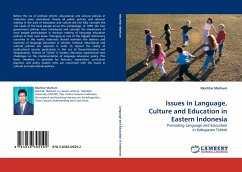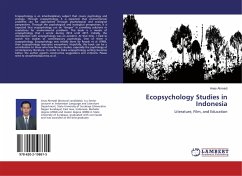In 2015, Indonesia-a modern postcolonial state housing more than a quarter billions of people practicing 6 different religions (87 percent of which are Muslims) and hundreds of different ethnic groups speaking different mother tongues-celebrated its 70th anniversary. Throughout the country, people commemorated the independence with festive, although most of them were not born yet when its founding fathers declared the independence in 1945. To many Indonesians, Indonesia is as real and physical as the national flag, national soccer team, president, etc. Little is the awareness that it works in a more symbolical level. This suggests how important Indonesian is as a mode of self-identification. One problem in seeing Indonesia as a closed self-identification is that it is based on the assumption that Indonesia is something fixed. In this essentialist perspective, Indonesia is perceived as an entity that has been around for the longest possible period of time and thus earns the point of stability. This book challenges that essentialist perspective. It problematizes the nationalism of Indonesia and argues using Pramoedya A. A. Toer's Buru Quartet that it is an organic invention.
Bitte wählen Sie Ihr Anliegen aus.
Rechnungen
Retourenschein anfordern
Bestellstatus
Storno

